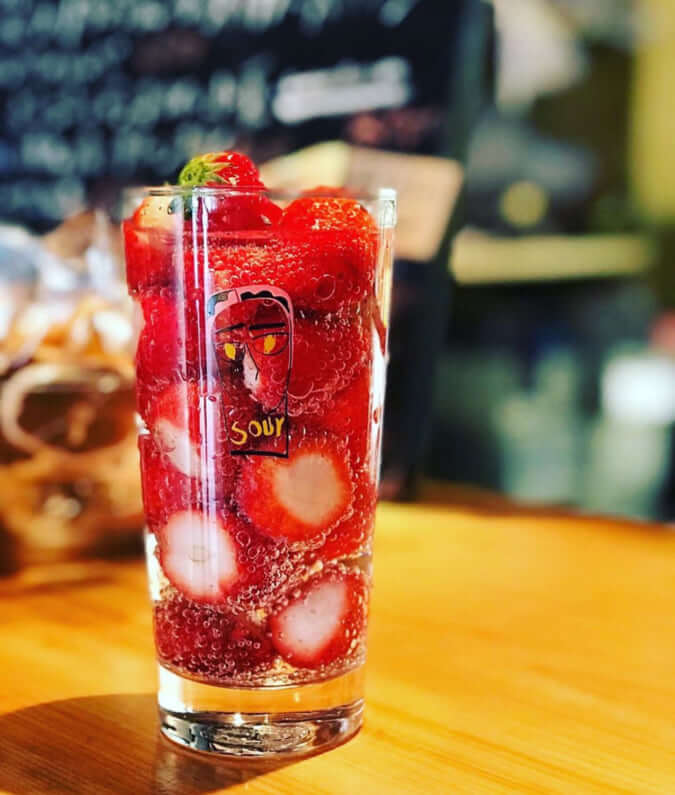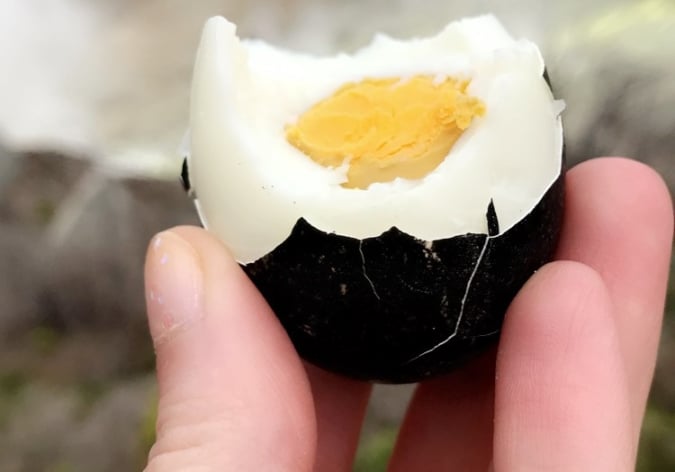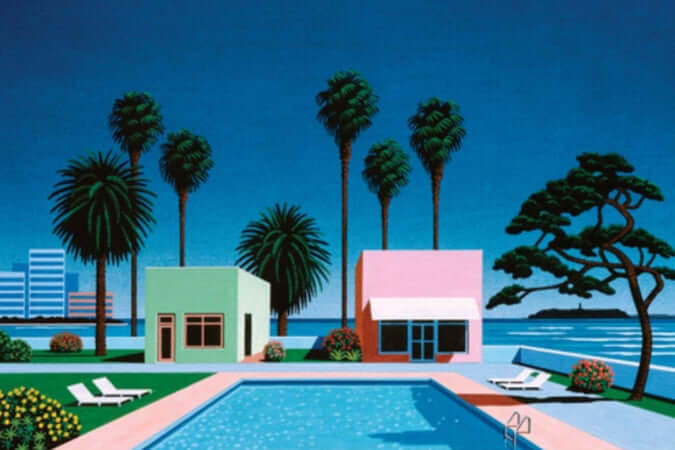Japanese Artist Haruka Kojin Revisiting Dior’s ‘Lady Dior’ Bag
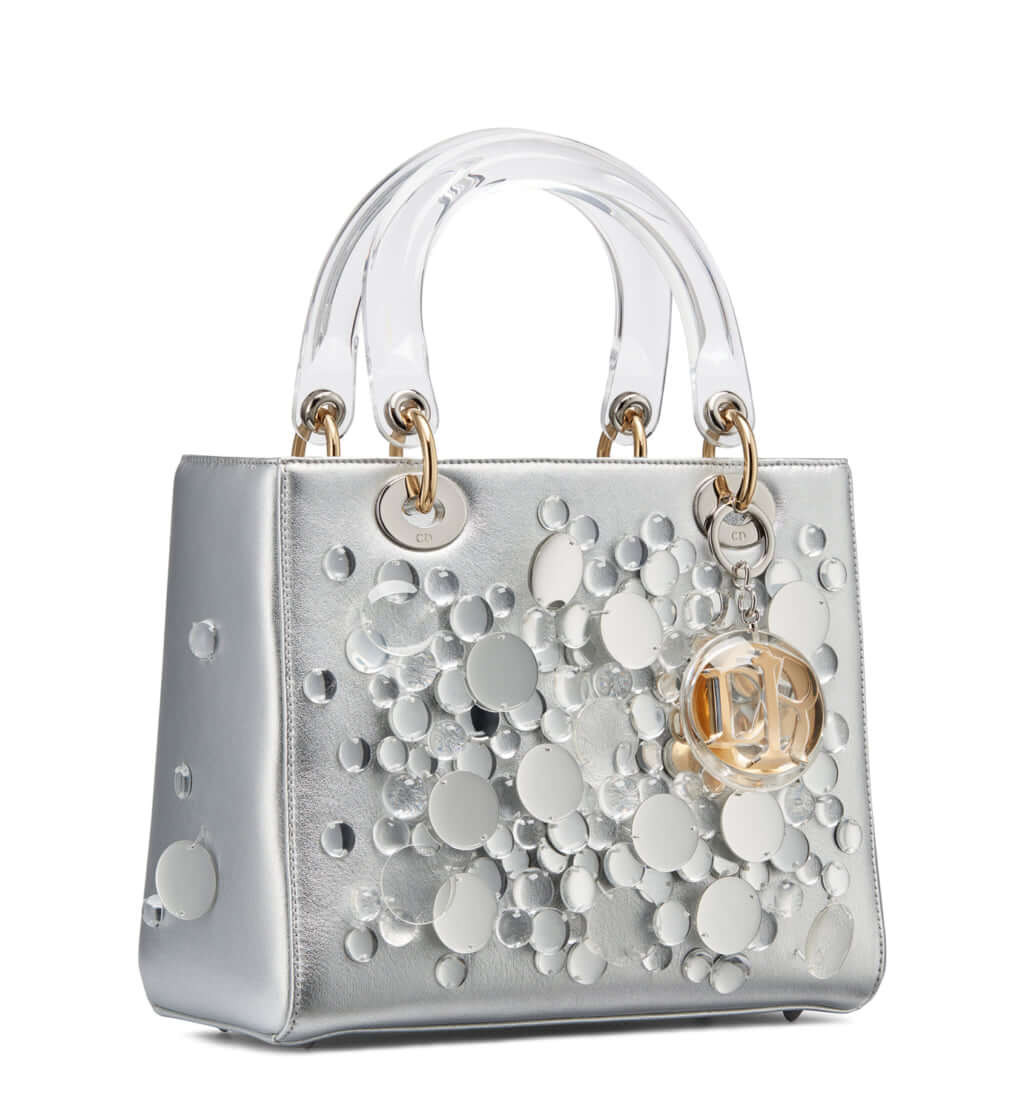
Courtesy of Dior
Since Maria Grazia Chiuri was made head of Dior, the luxury French fashion house has been making the fashion world aware of its proud commitment to feminism. In 2017, Maria Grazia Chiuti, the first woman to head the historic fashion house, created an iconic t-shirt adorned with the message ‘We should all be feminist‘. This creation was presented during her first runway show for Dior, and immediately went viral.
This success encouraged the designer to continue on her path and, last spring, she created t-shirts with ironic slogans such as ‘Why are there no great women artists?‘, a quote borrowed from feminist theoretician Linda Nochlin. This then led her to revisit the iconic bag ‘Lady Dior’, named in honour of Princess Diana, also known as Lady Di, with the help of eleven internationally-renowned female artists. The aim of the capsule collection is to showcase women’s artistic talent.
Among these women is plastic artist Haruka Kojin, who has created two versions of the Lady Dior, in gold and in silver. For this unprecedented collaboration, Kojin wished to take inspiration from ‘a night-time bus journey and how landscapes change with speed’, as she explains to Dior. This poetic form of inspiration defines the Japanese artist’s dreamlike universe. This modern reinterpretation recalls Kojin’s ‘Contact Lens’ installations to some extent. This grandiose and immersive work subtly explores the deformation of reality with the help of suspended mirrors which transform perception and space.
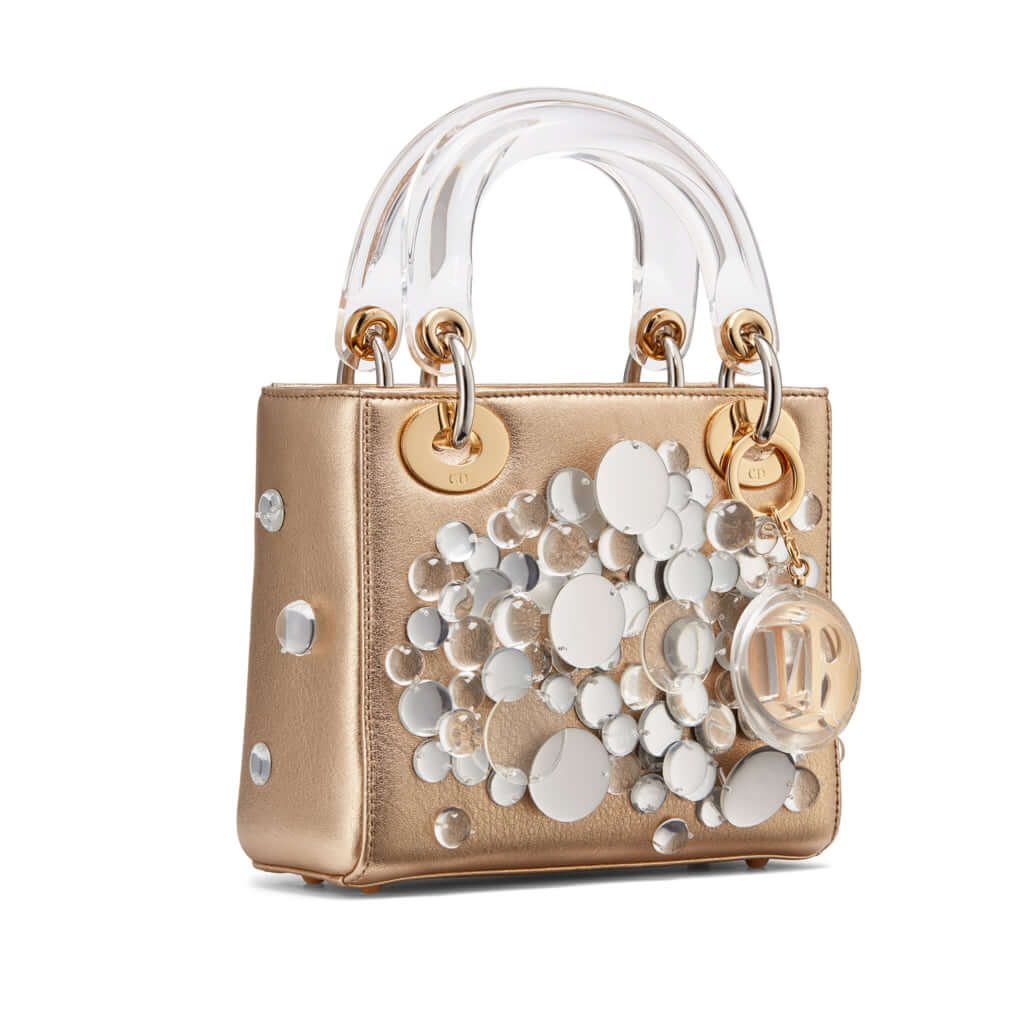
Courtesy of Dior
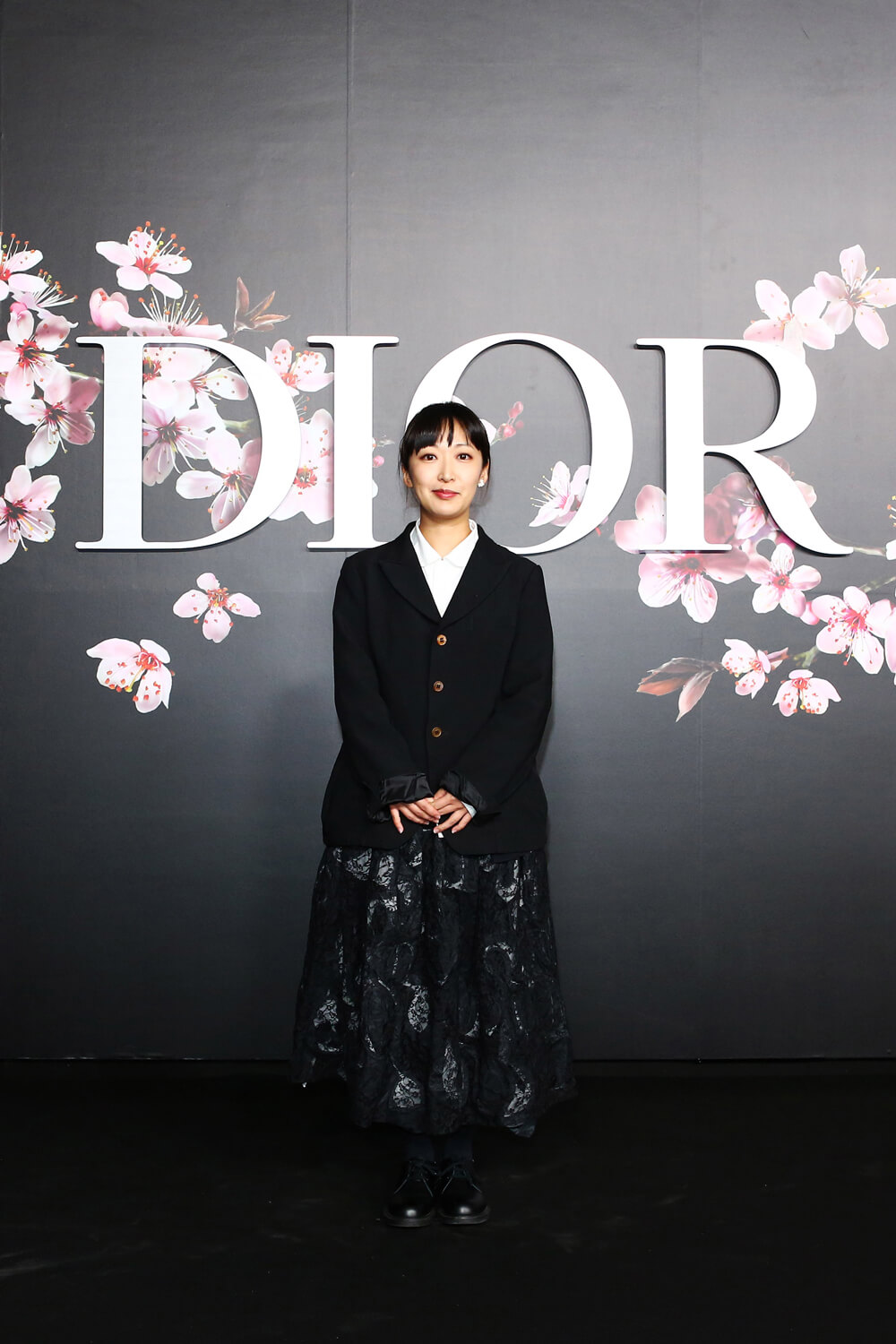
Courtesy of Dior
TRENDING
-
The Tattoos that Marked the Criminals of the Edo Period
Traditional tattoos were strong signifiers; murderers had head tattoos, while theft might result in an arm tattoo.

-
Kensuke Koike, Alchemist of Distorted Photographs
Using images sourced from antique shops, the artist folds, tears and transforms photographs to create surrealist collages.

-
‘Sawa’, a Fruity Japanese Cocktail
Available in several sweet flavours to mask the bitterness of shochu, ‘Sawa’ is a staple of Japanese bars.

-
The Tradition of the Black Eggs of Mount Hakone
In the volcanic valley of Owakudani, curious looking black eggs with beneficial properties are cooked in the sulphurous waters.

-
Hiroshi Nagai's Sun-Drenched Pop Paintings, an Ode to California
Through his colourful pieces, the painter transports viewers to the west coast of America as it was in the 1950s.



